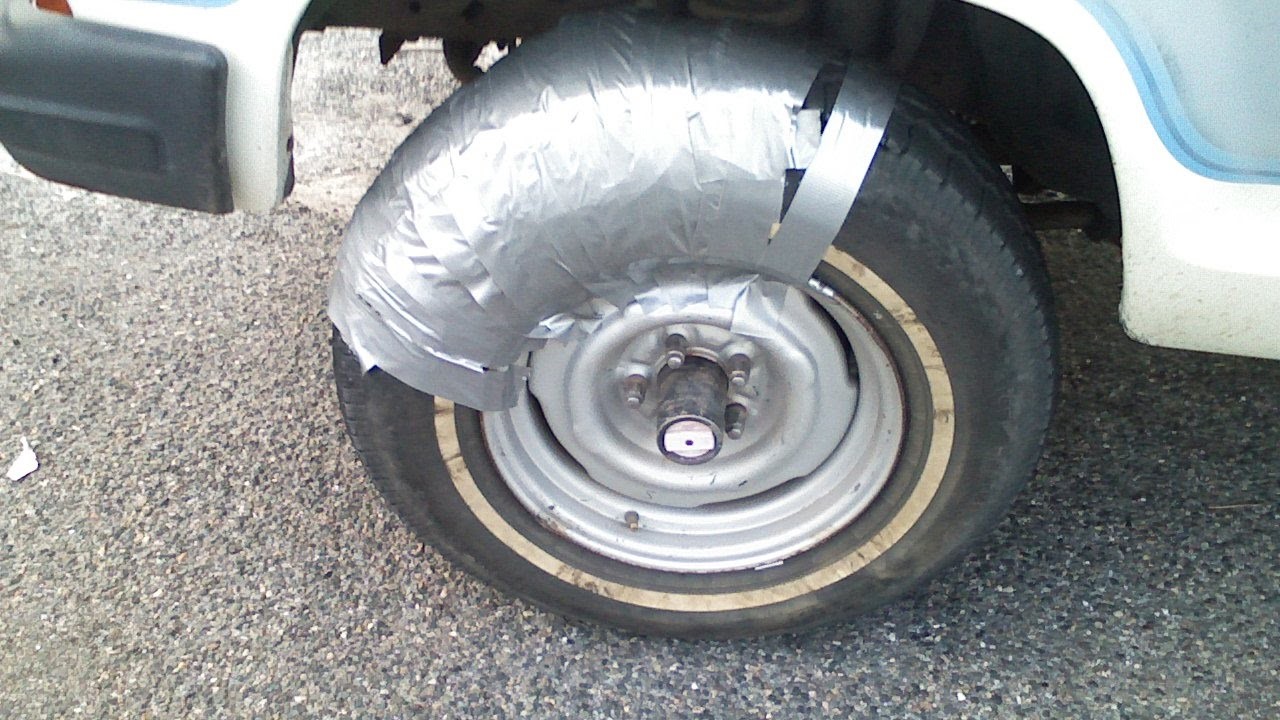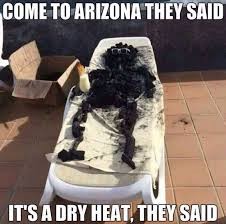Posted on 10/16/2023
Your vehicle's cooling system serves a few very important functions. It maintains the engines optimal operating temperature which is where it works most efficiently, and removes any excess heat from the engine when its under a load or outside temperatures are high. While your vehicle is in use, the coolant exits from the bottom of the radiator after it's cooled, where its then drawn into the water pump, to cycle it back through the engine where it absorbs the heat and travels back to the top of the radiator where the cycle continues. A vehicles cooling system is basically made up of the engine, radiator, the water pump, cooling fan(s), circulatory hoses, and a thermostat and coolant temperature sensor. During the engine combustion process (intake,compression,power,exhaust) the fuel energy is converted into heat, which is transferred throughout the cylinder head and block to the coolant, and cycled through the cooling system via the water pump. The hose carr ... read more
Posted on 10/12/2023
The importance of CV axle boot maintenance is greatly underrated. The CV (Continuously Variable) axles on modern vehicles have multi directional joints that are protected form the elements by flexible rubber boots. Over time and due to weathering, which is a huge factor in Arizona, the rubber breaks down and cracks open, exposing the inner components and allowing contamination of the joints/bearings with water, dirt and many other things. This can become a safety hazard over time as the CV axles become dry and can seize up or even come apart. This is very dangerous if it happens when you are driving. The CV axles connect the transmission to the drive wheels. It is very important to have a regular inspection of your vehicle, by a reputable shop such as One Stop Automotive. You would not believe how often we see compromised CV axles on vehicles because the owners have not been notified of their condition or importance. We can help you keep your vehicle in tip top con ... read more
Posted on 8/23/2023
We have many very long term customers as well as new ones. Over the course of our years in this business we have noticed that people understandably do not like to spend money on automotive repairs. Who would? The problem with this can be multifaceted. A small repair, if not addressed in a timely manner, can blossom into a very expensive repair. We had a customer in the shop yesterday for an inspection. We found that all of his engine and transmission mounts are broken, needing replacement. Originally, when we had informed him of this last year it was a single mount and a minor repair that the customer chose not to have us take care of. Now because the single mount was not replaced, it over stressed the other mounts and they failed one after the other in a domino effect. In addition, the broken mounts are causing major stress on the axles due to the engine and transmission sagging. Its crazy the way little things can snowball into such major things. This why we always try to kee ... read more
Posted on 8/18/2023

"Do it yourself repairs" are not always the best or least expensive way to go. Many customers have had to tow their vehicles into our shop because they had a well meaning friend or family member attempt to fix their vehicle, or even tried to fix it themselves because their uncle, dad or brother used to be a mechanic. The problems with this can include fried computers, non functional brakes when you need them most, overheating and seized engine due to blown head gaskets or blown seals in general causing loss of coolant or oil. Thermostats installed backwards, brake calipers installed upside down causing kinked brake lines, random wires spliced together, washer fluid added to engine coolant, brake pads installed backwards, power steering fluid added to brake fluid or engine oil. These mistakes can be very costly, yet easily avoided by bringing your vehicle to us. One Stop Automotive has resolved many issues that customers thought would be very expensive, yet in f ... read more
Posted on 8/16/2023

During our summer A/C service special, a free inspection is included with the service. If your A/C system is not working we can tell you why and what needs to be done to fix it. Why suffer, Why wait? Call for an appointment today and we can help keep you and your family cooler during the horrible Tucson heat. Our Oil Change Services also include a free courtesy inspection to help you avoid unnecessary, costly repairs. Come See us. #OneStopCanHelp